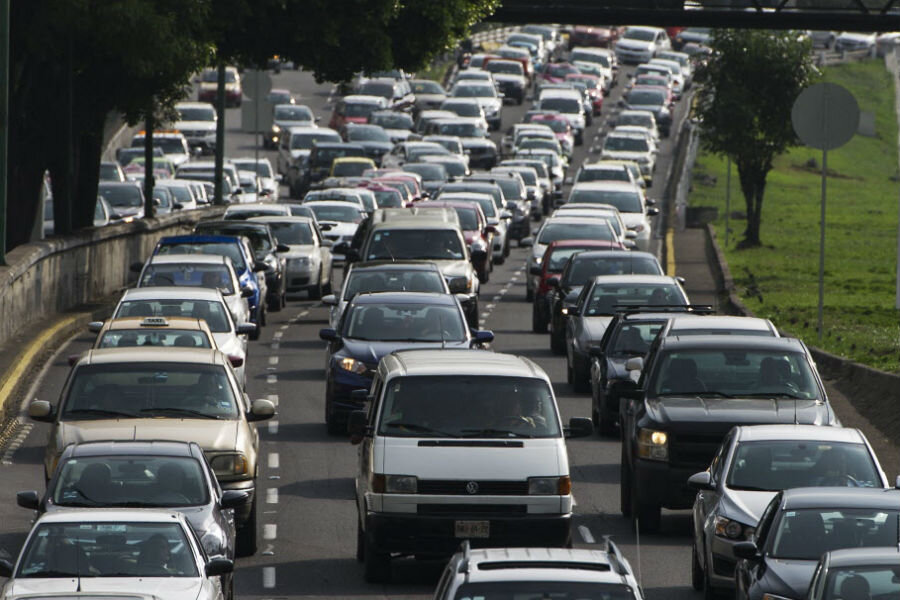Waze to help drivers avoid tough intersections: Does GPS make us safer?
Loading...
Drivers who want to play it safe can now request to avoid "difficult intersections," thanks to a new feature on the navigation app Waze.
"Many drivers ... know the feeling," wrote a Waze spokesperson in a blog post announcing the feature. "You arrive at an intersection with no traffic light, a constant flow of traffic, limited visibility, or some combination of all three."
To avoid the "stressful scenario" of navigating such situations, Waze users who wish to travel via less chaotic intersections can now choose to do so. The new feature, being piloted in Los Angeles, is the most recent attempt by the Google-owned app to make driving a safer, more convenient experience. Waze already alerts drivers when they are approaching "police, accidents, road hazards or traffic jams" by displaying real-time warnings from other drivers.
As the app's website puts it, "Waze is all about contributing to the 'common good' out there on the road."
As GPS technology grows more advanced, developers are finding more and more ways to make the roads a safer place. Navigation systems and traffic apps such as Waze alert drivers when to switch lanes, warn them of upcoming construction zones, and allow them to share their location and ETA with family and friends. One navigation system developed in Sweden aims to reduce traffic accidents involving children by automatically switching the system's voice to that of a child while driving through zones that tend to have children.
But an increasing societal dependence on traffic-based technology comes with risks, too.
Studies suggest that navigation systems make us less aware of potential dangers around us while driving. In 2008, UK-based newspaper The Mirror found that 1.5 million drivers surveyed had veered suddenly in traffic without taking notice of the cars around them while following instructions from a GPS.
Scientists warn that regular use of navigation systems while driving can also have adverse affects on brain growth. Research suggests that when we rely heavily on GPS, we remember less about our surroundings, disrupting our ability to create "mental maps" of the world around us.
According to a study conducted by Veronique Bohbot, a neuroscientist affiliated with McGill University and the Douglas Institute who studies spatial memory and navigation, people who follow instructions to navigate rather than orienting themselves with their surroundings tend to have less gray matter in their hippocampus, the part of the brain thought to be responsible for encoding spatial memories.
Dr. Bohbot's findings support another study conducted in 2000, which found that taxi drivers in London who were experienced in navigating the city's geography had more gray matter in the posterior hippocampus than people who were not taxi drivers.
Mental mapping skills help us in more areas of our life than just driving, Bohbot says. We use spatial memory every day, whether we're studying for an exam, taking orders as a waiter in a restaurant, or packing for our next vacation.
“It’s important for people to take responsibility for their health – including their cognitive health,” said Bohbot to the Boston Globe. “We can’t just take the back seat.”






